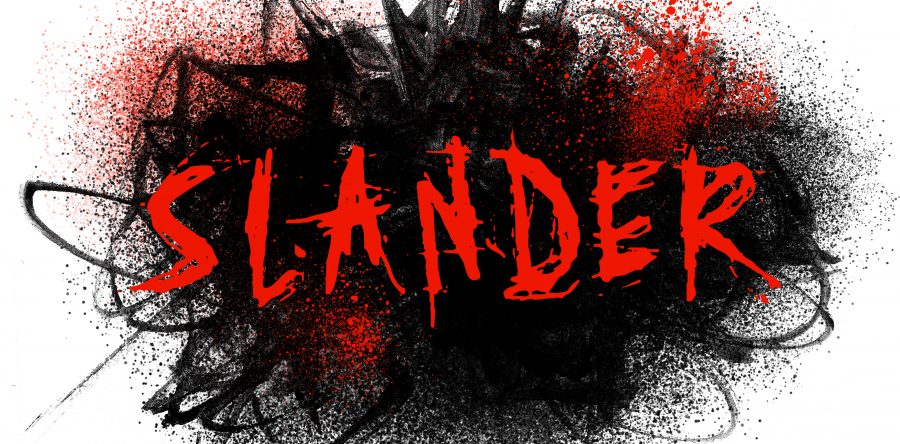Show of hands. How many know what Personal and Advertising Injury is? Don’t feel bad if the answer doesn’t spring to mind. You have coverage for it with its own limits in your RWC Insurance Advantage General Liability policy. And if you advertise in any form of social or public media, you’ve got risk.
Story time: A large national builder buys land in your area and puts up a lot of cookie cutter homes priced, it seems, to put you out of business. Overnight, your potential customers flock to the big name builder who saturates local media with lots of slick Madison Avenue style advertising. You advance through the stages of denial, despair, defiance to determination to meet this threat head on. You’re not going down without a fight. You know things about this outfit’s construction practices. Logging on to your social media account, you vent your frustration in a post that goes out to everyone on your prospect list. In the heat of the moment you don’t consider that you can’t prove the accusations of shoddy materials and cutting corners to avoid costly building codes. You’re on a roll.
Social media is nothing if not fast. Attorneys for your nemesis waste no time suing you for slander and liable. You contact your attorney who asks to see your general liability policy. It defines Personal and Advertising Injury in part as: “Oral or written publication, in any manner, of material that slanders or libels a person or organization or disparages a person’s or organization’s goods, products or services.”* However,in the Personal and Advertising Injury Liability coverage section your attorney finds an exclusion that states there is no coverage for loss “…arising out of oral or written publication, in any manner, of material, if done by or at the direction of the insured with knowledge of its falsity.”* She asks if anything you posted was not true? You argue most of the things you asserted are true, as far as you know. She says there’s a difference between believing a thing to be true versus being able to prove it is true and that disparaging the big name builder can be just as bad regardless of proof.
With that in mind, your attorney contacts your insurance company reasonably sure they will provide a defense, but advises you to be prepared for a fight you might not win. She warns too about the possible damage to your business reputation as the details of the legal battle are splashed all over social media for weeks. Perhaps, your attorney gently suggests, there might have been a better way to deal with your competition. But, it’s too late.
So what’s the moral of my story? There’s an old saying that “nothing pays off like restraint of tongue and pen.” We might update this by adding email, websites and social media. One thing is undeniable. You face enough risk form things beyond your control. Don’t increase that risk by making rash statements on social media. Think before you post.
*(Copyright Insurance Services Office – Used with Permission)

